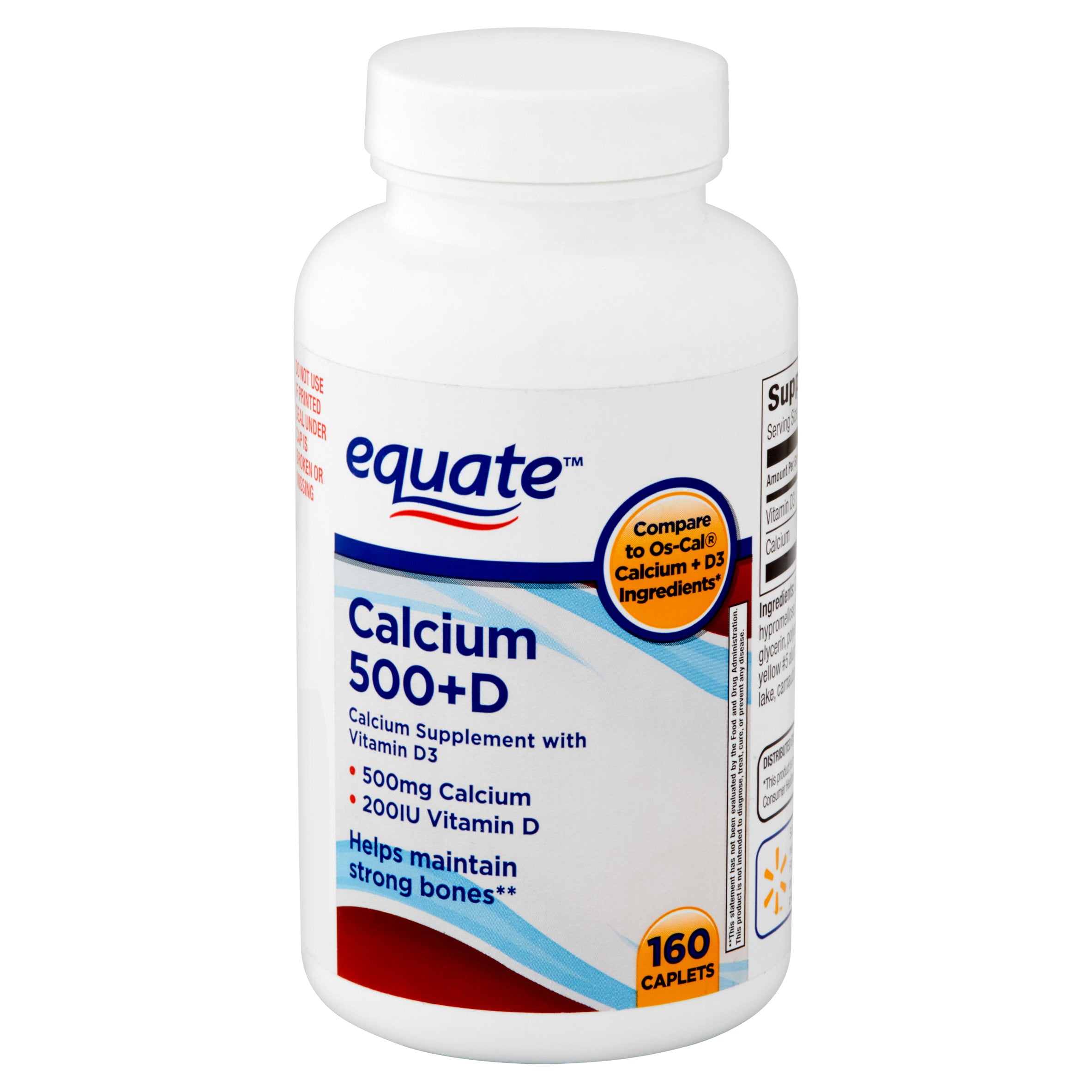

Vitamin D is also involved in the regulation of cell growth and metabolism, modulation of immune function, and reduction of inflammation.

Vitamin D is a fat-soluble vitamin that stimulates intestinal calcium and phosphate absorption and is important in maintaining adequate blood calcium levels for bone mineralization, bone growth and remodelling. Vitamin D testing is indicated in patients who are at high risk for vitamin D deficiency such as those with malabsorption syndromes, renal failure, unexplained bone pain, unusual fractures, or other evidence of metabolic bone disorders.Measurement of vitamin D levels is not generally required prior to or after initiating vitamin D supplementation.Routine vitamin D testing or screening for vitamin D deficiency is not recommended.Recommendations on vitamin D dietary intake, supplementation and a brief section on the controversies surrounding vitamin D supplementation and clinical benefits are also included. This guideline addresses the appropriate use of vitamin D testing in the general population in British Columbia, including children. Effective Date: OctoRecommendations and Topics


 0 kommentar(er)
0 kommentar(er)
